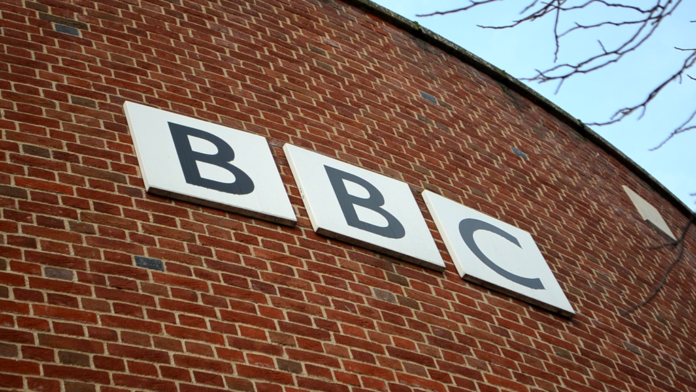Viewers express frustration with the results show’s unexpected opening, prompting a wave of complaints on social media.
On Sunday night, the much-anticipated results show of Strictly Come Dancing turned into a source of frustration for many fans just moments after it began. As hosts Tess Daly and Claudia Winkleman welcomed viewers, a noticeable shift in the show’s traditional format raised eyebrows and ignited social media outrage.
Fans of the BBC competition typically expect the show to kick off with a dazzling performance by professional dancers, setting the stage for an exciting evening. However, this week’s opening was decidedly different, as the duo launched straight into the introduction without the customary dance number. This unexpected change left many viewers scratching their heads and questioning the direction of the beloved program.
Embed from Getty ImagesThe reaction was swift, with fans flooding social media platforms like X (formerly Twitter) to voice their discontent. One viewer remarked, “That was a very weird opening. Why did Tess and Claudia introduce the pro number?” Echoing this sentiment, another fan tweeted, “Why are we not starting straight into a pro number? Please stop changing the format; it’s weirding me out. #Strictly.”
The backlash didn’t stop there. Additional comments highlighted a broader discontent with the show’s new approach. Fans felt the changes were unnecessary, prompting concerns about whether the essence of Strictly Come Dancing was shifting. One concerned viewer commented, “Something feels off this year. It’s like they are formatting the show differently, and I don’t like it.”
Despite the criticism, not all viewers shared the same perspective. Some fans embraced the new format, expressing their excitement and appreciation for the change. “This is incredible… #Strictly,” one enthusiastic viewer declared, suggesting that perhaps the show was evolving in a positive direction.
As the results show unfolded, the mix of reactions underscored the passionate relationship fans have with Strictly Come Dancing. This incident reveals the delicate balance producers must maintain in preserving tradition while also introducing fresh elements to keep the audience engaged. As the episode progressed, it remained to be seen whether the discontent would affect viewer ratings in the long run.
Analysis
Political Perspective
The frustration surrounding the format change of Strictly Come Dancing touches on broader issues of tradition versus innovation in media. Shows like Strictly often serve as cultural touchstones, with fans developing a deep attachment to their familiar structure. When a beloved program alters its formula, it can evoke strong reactions, paralleling political shifts in governance and policy. Audiences may perceive such changes as an attempt to cater to new demographics or trends, mirroring the complexities of balancing traditional values with modern expectations in politics. The backlash from fans may serve as a reminder that while change is essential for growth, it must be approached cautiously to maintain audience trust and loyalty.
Social Perspective
The emotional investment fans have in Strictly Come Dancing is a testament to its role in contemporary British culture. The show’s format has become a ritual for many viewers, and deviations from it can spark intense feelings of discomfort. Social media has become a platform for fans to express their collective frustrations and anxieties, reflecting a society increasingly reliant on digital communication for community engagement. The emotional responses highlighted by viewers reveal not only their passion for the show but also a societal trend toward valuing shared experiences, particularly in entertainment.
Gender Perspective
The dynamic between hosts Tess Daly and Claudia Winkleman reflects deeper gender roles in media representation. Both women have carved out significant spaces in television, often seen as the heart of Strictly Come Dancing. However, when faced with a format change, discussions surrounding their roles may arise. Fans’ reactions can reveal underlying societal expectations regarding female presenters in entertainment—should they adhere strictly to traditional roles, or is there room for experimentation? The mixed reactions to the hosts’ introduction may provide insight into how audiences perceive women in leadership roles within the entertainment industry.
Economic Perspective
The change in the show’s format can also be examined through an economic lens. Media companies often face pressures to innovate in response to shifting viewer preferences, particularly in a competitive landscape dominated by streaming services and alternative entertainment options. Adjusting established formats may be an attempt to attract a broader audience or rejuvenate interest, which can ultimately impact advertising revenues and sponsorships. However, the backlash from dedicated fans poses a risk, potentially alienating core viewers who contribute to the show’s financial success. As the television landscape continues to evolve, producers must carefully consider how changes impact both viewer engagement and economic viability.
